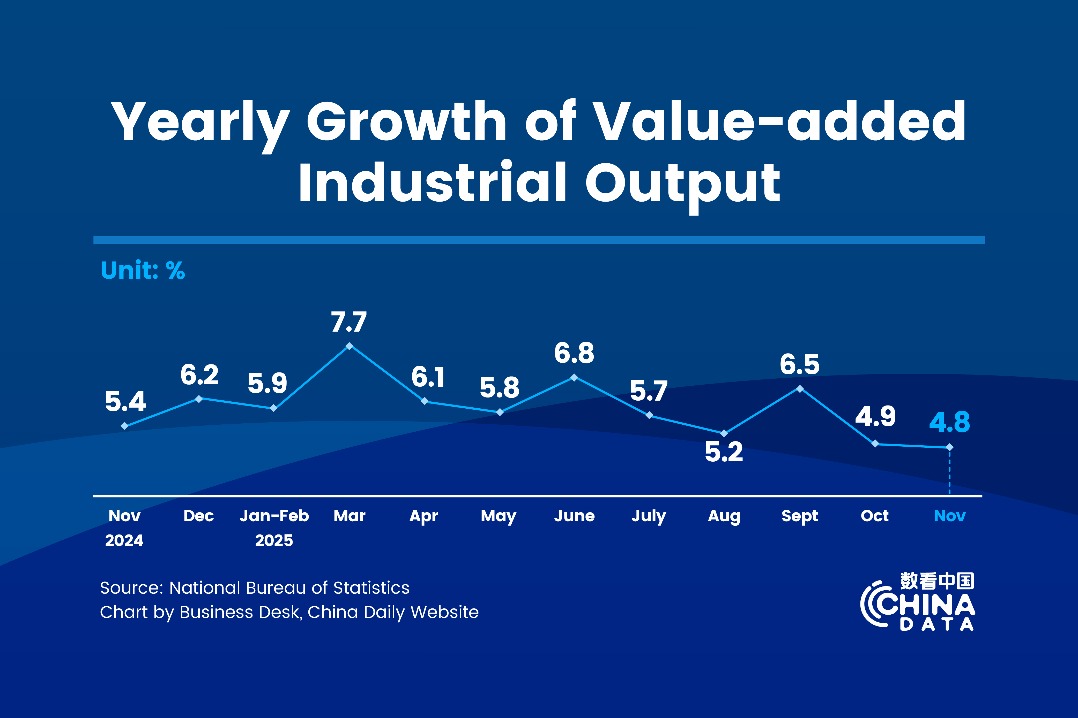Economy of world set to grow 2.9%, says OECD

The global economy will expand by 2.9 percent in 2024, according to the Paris-based Organization for Economic Cooperation and Development, or OECD.
In its latest, cautiously optimistic Interim Economic Outlook global forecast, the OECD said it now expects the world's economy to do slightly better than it anticipated previously, when growth of 2.7 percent was expected. The reason for the improved outlook, the OECD said in Monday's report, was its expectation that inflation in the United States, the world's largest economy, would continue to ease, and that the country's national bank would, therefore, be able to cut interest rates later this year. The OECD said it expects the US to report annual growth of 2.1 percent for 2024, up from the 1.5 percent predicted in November. It said the growth will largely be down to increased private consumption.
European nations in the eurozone will see collective growth of 0.6 percent, the OECD reported, which is down from the previous prediction of 0.9 percent.
Much global growth will come from the world's second-largest economy, China, the OECD added, which it expects to grow economically by 4.7 percent.
The expected global growth rate of 2.9 percent is down from the 3.1 percent seen in 2023 and would make 2024 the third consecutive year in which global growth had slowed, the OECD added.
The organization said it expects the world's economy to start to expand more quickly next year, with 3 percent predicted because of an anticipated "widespread easing of monetary policy".
The OECD concluded that nations and economic blocs should continue, for now, to adopt restrictive monetary policies and to ensure "underlying inflationary pressures are durably contained". It said there will likely be some scope for the US and European Union to make modest cuts to interest rates during the second and third quarters.
The OECD also said countries should try to keep inflation below the target of 2 percent, and cautioned that labor costs are currently too high to make that target easily achievable.
"Scope exists to lower policy interest rates as inflation declines, but the policy stance should remain restrictive in most major economies for some time to come," the report concluded.
The biggest threat to the global economy in the coming months is emanating from the Middle East, because of the ongoing conflict in Gaza, the report noted.
"A widening or escalation of the conflict could disrupt shipping more extensively than presently expected, intensify supply bottlenecks, and push up energy prices if traffic is interrupted in the key routes for the transport of oil and gas from the Middle East to Asia, Europe and the Americas," the report said.




































